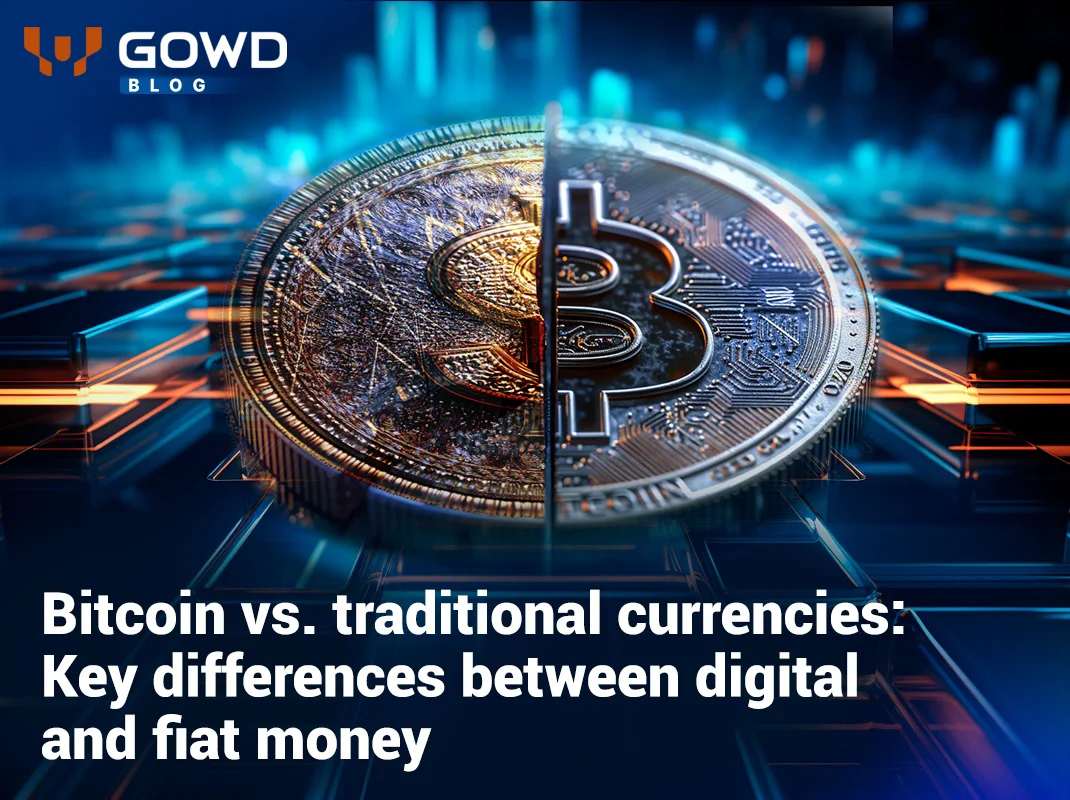Since its creation in 2009, Bitcoin has attracted enormous attention due to its price fluctuations, especially during its historical highs. With so much focus on the appreciation of this digital asset, one question frequently arises: can Bitcoin be considered real money? To answer this, it is necessary to analyze what defines something as money—it must function as a medium of exchange, a store of value, and a unit of account. Below, we examine how Bitcoin fits—or does not fit—these criteria.
What Defines Money?
The first step is understanding what characterizes something as money. Economists highlight three main functions. First, it must serve as a medium of exchange, allowing people to buy and sell goods and services without needing barter. Second, it needs to be a store of value, capable of preserving wealth over time without significantly losing purchasing power. Finally, it must work as a unit of account, providing a stable reference for measuring the value of products and services.
Contact Gowd and learn more about our services.
Traditional currencies, such as the real or the dollar, fulfill these functions with the backing of governments and central banks, which ensure stability and acceptance. But can Bitcoin, decentralized and without a central authority, meet these same standards?
Bitcoin as a Medium of Exchange
The most practical function of money is facilitating transactions. In this regard, Bitcoin has made progress, with various businesses and platforms accepting cryptocurrency payments. However, its adoption is still limited, and its everyday use is far from the reality of the general public.
Bitcoin’s own blockchain structure imposes barriers: transactions can be slow and costly, especially compared to systems like Pix. During periods of high demand, fees rise even further. Solutions like the Lightning Network, which aims to make transactions faster and cheaper, have yet to be fully adopted. As a result, Bitcoin remains a restricted option for daily transactions.
Bitcoin as a Store of Value
As a store of value, Bitcoin has a strong argument: its supply is limited to 21 million units, a cap fixed in its protocol. This scarcity, similar to gold, has earned it the nickname “digital gold.” Unlike traditional currencies, which governments can print without limits, Bitcoin is immune to runaway inflation, theoretically protecting its value over time.
In practice, however, the situation is more complex. Someone who bought Bitcoin for $1 in 2011 and sold it for $60,000 in 2021 saw incredible gains. However, those who bought at the peak and experienced a 70% drop the following year might question its reliability. This volatility deters those seeking stability, but some believe it will decrease with growing adoption by individuals, companies, and even countries.
Bitcoin as a Unit of Account
The unit of account function is where Bitcoin faces its biggest challenges. A currency must provide stability as a reference for pricing goods and services. With traditional currencies, it is relatively easy to estimate the cost of a car or a meal. However, Bitcoin’s high volatility makes this difficult: a coffee priced at 0.0001 BTC today could cost 0.0002 BTC tomorrow if Bitcoin’s price drops.
Because of this, businesses that accept Bitcoin usually set prices in traditional currencies, such as the dollar, and convert the value at the time of purchase. In this sense, Bitcoin acts more as an intermediary than a true pricing standard, highlighting its limitation as a reliable unit of account.
So, Is Bitcoin Money?
There is no absolute consensus on this question. Bitcoin exhibits characteristics of money but does not fulfill all its functions as effectively as traditional currencies. As a store of value, it attracts those who bet on its scarcity and future potential, despite its instability. As a medium of exchange, it works in specific contexts but is far from practical for everyday use. As a unit of account, it remains unreliable due to its lack of stability.
Perhaps Bitcoin is an “almost-money” in evolution. It challenges the traditional financial system with its decentralization and freedom but still struggles with volatility and practical barriers. Many see it as the future of money, and developments like the Lightning Network reinforce its potential. The debate remains open, but the impact of cryptocurrencies on the concept of money is already undeniable.
Learn more on our website and let’s shape the future of borderless finance—together.




